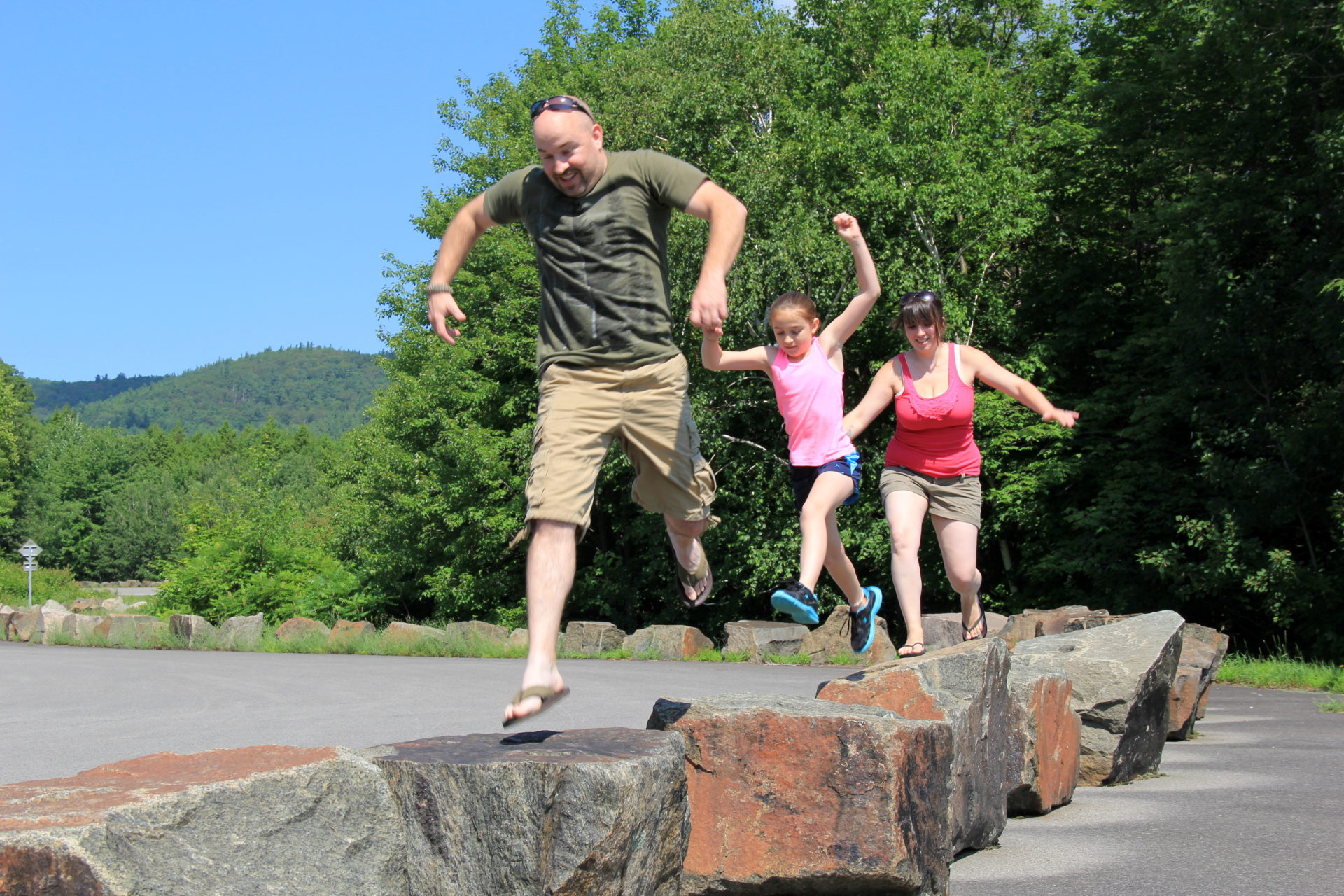Cognitive Restructuring Provides Patients With the Tools To Become the Primary Stakeholder in Their Recovery from Lifestyle Disorders.
Lifestyle recovery, whether it be from addiction, obesity, apathy or more, centers on the process of cognitive restructuring. It is my opinion that patients who seek counseling are not suffering significant character defects. They simply need safe and supportive resources to recognize themselves for their strengths, and to learn to celebrate their preferences and eccentricities. Our clients deserve to be provided with the encouragement to develop a mindset open to the process of change, and tools to support the daily commitment to making different, and at times, difficult choices.
Elements of Restructuring
Cognitive restructuring has many elements, some mechanical, some fantastical. But put simply: restructuring can be thought of as a process that encourages recognition and sometimes, re framing of our life experiences, so we can align our beliefs, thoughts and actions to our potential and long-held dreams. Restructuring can be viewed as a journey or an amazing adventure that supports bottom up reconstruction and liberation. Restructuring is designed to exploring the past (foundation) from a new perspective (wisdom) and develop a structure that supports doing the work (new construction) that support choice, longevity, and a favorable expression of self.
Cognitive restructuring encourages and then empowers patients to become the primary stakeholder in their own recovery. This is particularly true when mental health disorders such as depression, anxiety, PTSD and more, contribute to the development and escalation of lifestyle disorders such as obesity, type 2 diabetes, and addiction. Cognitive restructuring from the mechanical perspective helps patients actively address faulty perceptions, beliefs, and thoughts, such as “I always fail” or “I’m too old” that sustain apathy.
Overcoming Apathy
Apathy is the enemy of recovery. For many, apathy explains why behavioral and even surgical interventions fail to consistently acheive significant long-term results. Apathy maintains depression, anxiety,disinterest, and self-defeating behaviors that lead to persistent cycles of relapse and remorse. From the fantastical perspective cognitive restructuring is creative, iterative and imaginative. The end process encourages a person to truly connect with their curiosity, passion, and pursue interests that hold meaning, inspiration, or even purpose in the pursuit of life endeavors.
Forms of cognitive restructuring (learning to think about or do things differently) are present in a number of therapeutic models, including Integrated Weight Management Therapy (IWMT; Hamilton 2015). IWMT is an approved, evidence-based, and inclusive approach that sets the foundation for the Breakthrough! Lifestyle Recovery course.
BreakThrough! Supports Cognitive Change and Recovery
BreakThrough! topics and online sessions take patients on a journey of understanding and exploration through their mind and emotions, through past and present, offering hope, humor and reflection to meet goals and
strength. Sessions and chapters progressively focus on brain health, and recovery from depression, anxiety, trauma, stressors, and social influences (relationships, family, work, etc.) that often lead to cycles of emotional eating and weight gain.
Some program elements include:
- Identifying self-defeating thoughts and behaviors
- Recognizing bias in thought processes
- Understanding negative legacy influences and one’s self-view
- Resisting thought patterns that cause emotional distress
- Overcoming defense mechanisms
And more importantly what participants as stakeholders can do differently:
- Identify mood states or patterns and use coping skills to recover quickly
- Understand brain mechanisms that prompt emotional or reward eating and other impulsive behaviors
- Develop an accurate strength based self-view
- Re-frame the narrative of the inner critic to one of a coach
- Develop goal oriented behaviors
- Actively manage stressors with mindfulness techniques and healthy activities
The Patient as the Primary Stakeholder
It takes a cross section of providers to satisfy the different elements of integrated care. That said, for mental and behavioral health recovery, the patient needs both encouragement and responsibilities to become the primary stakeholder in their own recovery. This transition is achieved through cognitive restructuring and other therapeutic modalities designed to challenge perceptions such as low self-efficacy and self-worth, as well as negative emotions and unhealthy behaviors.
BreakThrough! courses are structured to put the hard work of recovery on the clients and help alleviate provider burn-out. Whether patients use the course workbook with provider supervision, weekly online groups, or the learning management platform with over 150 topics and 500 exercises, the client becomes the stakeholder in their recovery!
Our team is beginning a new monthly series of provider training in June which will run through the end of September. There are several options from a 1.5 hour overview, 3 hour short course, and our full 6 hour instructor training class.
To empower your patients, we hope you’ll take a close look at how BreakThrough! and our innovative resources may be integrated into your organization or practice to help your patients learn to help themselves recover. If you’re ready – contact us for more information and attend one of our virtual presentations.
Dr. Heather Hamilton
Team BreakThrough!
hhamilton@breakthroughwmt.com


